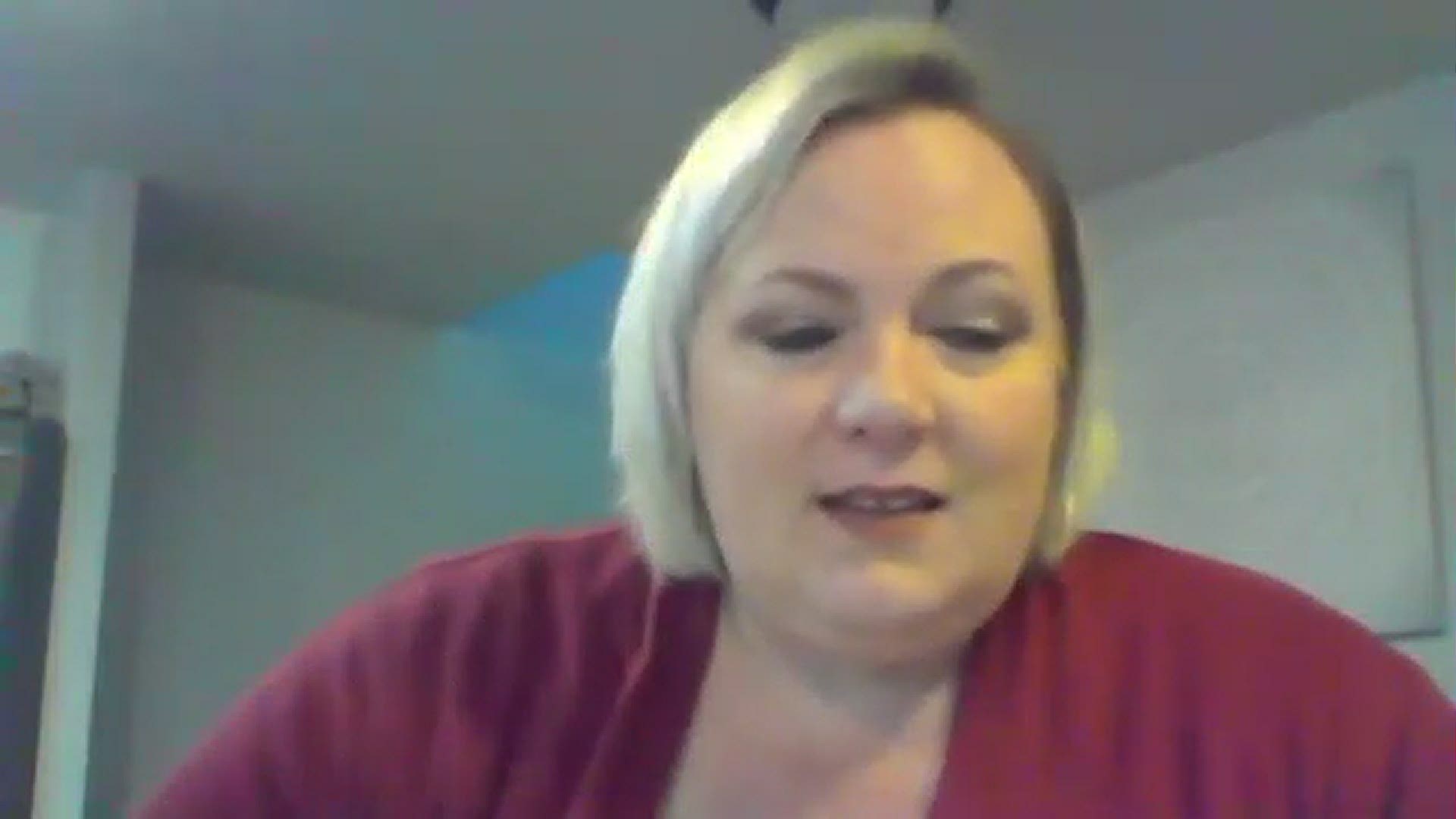PORTLAND, Oregon — After seven months spent caring for COVID-19 patients, doctors and nurses have learned a lot about what works best and how to protect themselves from the virus in the process.
“The new normal needs to be that we all wear masks, plain and simple,” said Bev Lohrman, an Intensive Care Unit nurse at PeaceHealth Southwest Medical Center.
Lohrman first spoke with KGW back in April, when COVID-19 was new.
“To be honest with you I never thought it would be going this long at the beginning of this,” she said. “Now it’s November.”
Lohrman said PeaceHealth has refined treatment and developed a COVID-19 patient treatment routine. That includes new ways of conserving personal protective equipment (PPE) which was in short supply last spring.
“We were conserving PPE by putting the IV poles outside the rooms so that we didn't have to go in and out of the rooms so much,” said Lohrman. “We have now cordoned off part of our unit to have seven rooms just for COVID-positive ICU-level patients.”
There's still no vaccine for the coronavirus, but Lohrman said doctors and nurses are improving treatment methods and how they protect hospital staff. That's also the case at Oregon Health & Sciences University.
“Nothing in our hospital looks like it did before,” said Dr. Matthias Merkel, OHSU Senior Associate Chief Medical Officer responsible for capacity management and patient flow. He said improved early diagnosis, isolation and treatment methods have helped. “We developed workflows to make it much more streamlined than at the beginning of March, when we didn't really know what we were facing.”
Merkel said OHSU is focused on treating the most critical COVID-19 patients requiring ICU treatment. He said those who survive almost always face a long road to recovery.
“It is critically important that we remain vigilant that we are social distancing, that we wear masks that we wash hands,” said Merkel. “Our biggest defense is still not getting infected.”
As case numbers continue to rise, there's concern that the public is lowering their guard against COVID-19. State epidemiologists with the Oregon Health Authority attribute the uptick in case numbers to small group gatherings between as few as two families. For nurses like Lohrman, that’s frustrating to hear and feels like the undoing of so much hard work and sacrifice.
“For a while there we were having maybe one or two patients in that needed ICU-level treatment,” said Lohrman. “It was kind of a gift, but within the last couple weeks we were completely jam-packed full in our ICU… we're praying for a quick end to this. I don't know if that's going to happen.”

